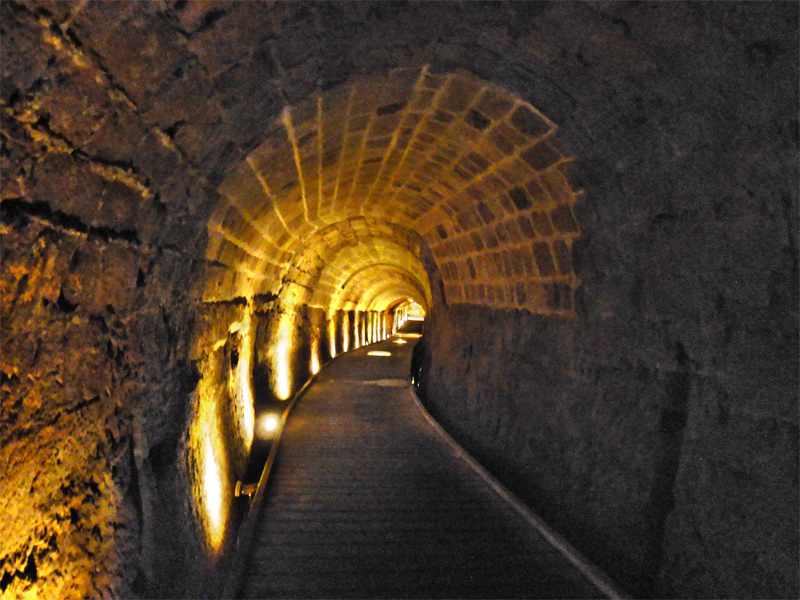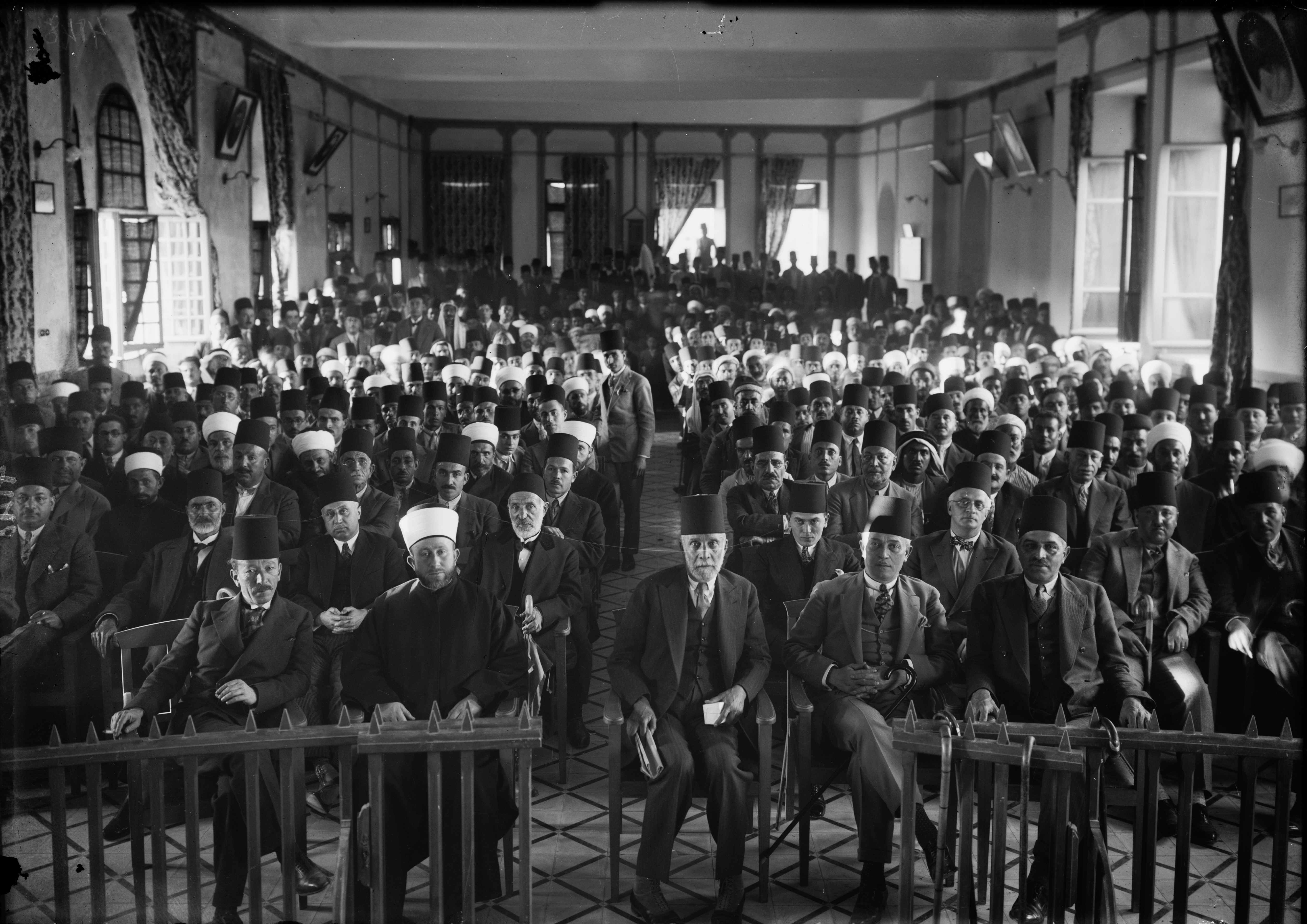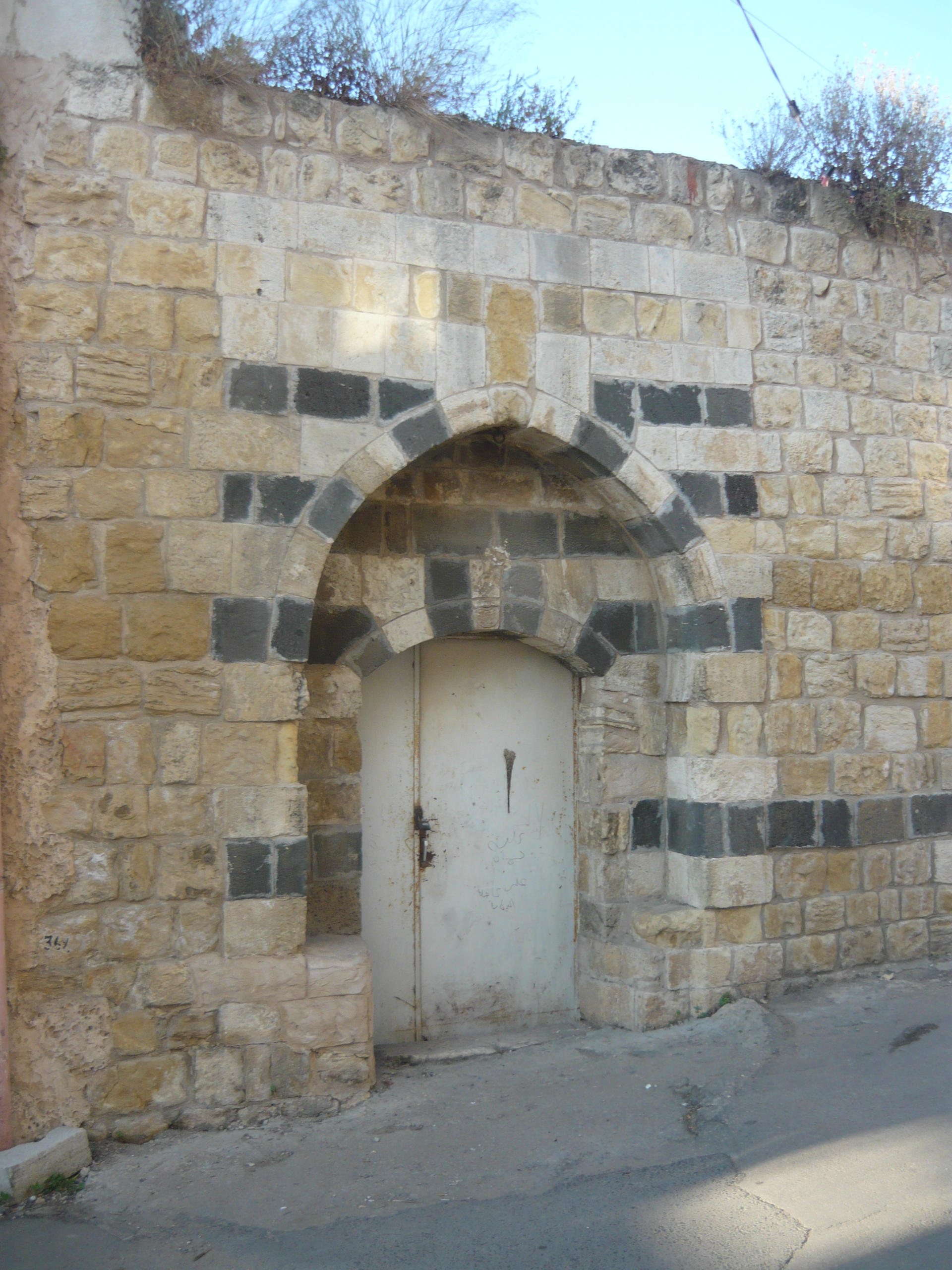|
Akko (other)
Acre ( ), known in Hebrew as Akko (, ) and in Arabic as Akka (, ), is a city in the coastal plain region of the Northern District of Israel. The city occupies a strategic location, sitting in a natural harbour at the extremity of Haifa Bay on the coast of the Mediterranean's Levantine Sea."Old City of Acre." , World Heritage Center. World Heritage Convention. Web. 15 April 2013 Aside from coastal trading, it was an important waypoint on the region's coastal road and the road cutting inland along the |
List Of Cities In Israel
This article lists the 73 localities in Israel that the Ministry of Interior (Israel), Israeli Ministry of Interior has designated as a City council (Israel), city council. It excludes the 4 List of Israeli settlements with city status in the West Bank, Israeli settlements in the West Bank designated as cities, but Israeli occupation of the West Bank, occupied East Jerusalem is included within Jerusalem. The list is based on the current index of the Israel Central Bureau of Statistics (CBS). Within Local government in Israel, Israel's system of local government, an urban municipality can be granted a city council by the Interior Ministry when its population exceeds 20,000. The term "city" does not generally refer to Local council (Israel), local councils or urban agglomerations, even though a defined city often contains only a small portion of an urban area or metropolitan area's population. List As for 2022, Israel has 18 cities with populations over 100,000, including Jeru ... [...More Info...] [...Related Items...] OR: [Wikipedia] [Google] [Baidu] [Amazon] |
List Of Oldest Continuously Inhabited Cities
This is a list of present-day cities by the time period over which they have been continuously inhabited as a city. The age claims listed are generally disputed. Differences in opinion can result from different definitions of "city" as well as "continuous habitation" and historical evidence is often disputed. Caveats (and sources) to the validity of each claim are discussed in the "Notes" column. Africa North and Northeast Africa East Africa West Africa Central Africa Southern Africa Americas North America South America Asia West Asia Central and South Asia East Asia Southeast Asia Europe Oceania See also * Historical urban community sizes * List of cities in the Americas by year of foundation (includes ancient native sites) * List of cities of the ancient Near East * List of largest cities throughout history, including ones no longer inhabited * List of oldest extant buildings Notes References External links * {{DEFAULTSORT:List Of ... [...More Info...] [...Related Items...] OR: [Wikipedia] [Google] [Baidu] [Amazon] |
Christians
A Christian () is a person who follows or adheres to Christianity, a monotheistic Abrahamic religion based on the life and teachings of Jesus Christ. Christians form the largest religious community in the world. The words '' Christ'' and ''Christian'' derive from the Koine Greek title (), a translation of the Biblical Hebrew term '' mashiach'' () (usually rendered as ''messiah'' in English). While there are diverse interpretations of Christianity which sometimes conflict, they are united in believing that Jesus has a unique significance. The term ''Christian'' used as an adjective is descriptive of anything associated with Christianity or Christian churches, or in a proverbial sense "all that is noble, and good, and Christ-like." According to a 2011 Pew Research Center survey, there were 2.3 billion Christians around the world, up from about 600 million in 1910. Today, about 37% of all Christians live in the Americas, about 26% live in Europe, 24% live in sub-Saharan Afric ... [...More Info...] [...Related Items...] OR: [Wikipedia] [Google] [Baidu] [Amazon] |
Muslim
Muslims () are people who adhere to Islam, a Monotheism, monotheistic religion belonging to the Abrahamic religions, Abrahamic tradition. They consider the Quran, the foundational religious text of Islam, to be the verbatim word of the God in Abrahamic religions, God of Abraham (or ''Allah'') as it was revealed to Muhammad, the last Islamic prophet. Alongside the Quran, Muslims also believe in previous Islamic holy books, revelations, such as the Tawrat (Torah), the Zabur (Psalms), and the Injeel (Gospel). These earlier revelations are associated with Judaism and Christianity, which are regarded by Muslims as earlier versions of Islam. The majority of Muslims also follow the teachings and practices attributed to Muhammad (''sunnah'') as recorded in traditional accounts (hadith). With an estimated population of almost 2 billion followers, Muslims comprise around 26% of the world's total population. In descending order, the percentage of people who identify as Muslims on each ... [...More Info...] [...Related Items...] OR: [Wikipedia] [Google] [Baidu] [Amazon] |
Jews
Jews (, , ), or the Jewish people, are an ethnoreligious group and nation, originating from the Israelites of History of ancient Israel and Judah, ancient Israel and Judah. They also traditionally adhere to Judaism. Jewish ethnicity, religion, and community are highly interrelated, as Judaism is their ethnic religion, though it is not practiced by all ethnic Jews. Despite this, religious Jews regard Gerim, converts to Judaism as members of the Jewish nation, pursuant to the Conversion to Judaism, long-standing conversion process. The Israelites emerged from the pre-existing Canaanite peoples to establish Kingdom of Israel (Samaria), Israel and Kingdom of Judah, Judah in the Southern Levant during the Iron Age.John Day (Old Testament scholar), John Day (2005), ''In Search of Pre-Exilic Israel'', Bloomsbury Publishing, pp. 47.5 [48] 'In this sense, the emergence of ancient Israel is viewed not as the cause of the demise of Canaanite culture but as its upshot'. Originally, J ... [...More Info...] [...Related Items...] OR: [Wikipedia] [Google] [Baidu] [Amazon] |
1948 Arab–Israeli War
The 1948 Arab–Israeli War, also known as the First Arab–Israeli War, followed the 1947–1948 civil war in Mandatory Palestine, civil war in Mandatory Palestine as the second and final stage of the 1948 Palestine war. The civil war became a war of separate states with the Israeli Declaration of Independence on 14 May 1948, the end of the British Mandate for Palestine at midnight, and the entry of a Arab League, military coalition of Arab states into the territory of Mandatory Palestine the following morning. The war formally ended with the 1949 Armistice Agreements which established the Green Line (Israel), Green Line. Since the 1917 Balfour Declaration and the 1920 creation of the British Mandate of Palestine, and in the context of Zionism and the Aliyah, mass migration of European Jews to Palestine, there had been Intercommunal conflict in Mandatory Palestine, tension and conflict between Arabs, Jews, and the British in Palestine. The conflict escalated into a civil war ... [...More Info...] [...Related Items...] OR: [Wikipedia] [Google] [Baidu] [Amazon] |
United Nations Partition Plan For Palestine
The United Nations Partition Plan for Palestine was a proposal by the United Nations to partition Mandatory Palestine at the end of the British Mandate. Drafted by the U.N. Special Committee on Palestine (UNSCOP) on 3 September 1947, the Plan was adopted by the UN General Assembly on 29 November 1947 as Resolution 181 (II). The resolution recommended the creation of independent but economically linked Arab and Jewish States and an extraterritorial " Special International Regime" for the city of Jerusalem and its surroundings. Galina NikitinaThe State of Israel: A Historical, Economic and Political Study / By Galina Nikitina / 1973, Progress Publishers / p. 50./ref> The Partition Plan, a four-part document attached to the resolution, provided for the termination of the Mandate; the gradual withdrawal of British armed forces by no later than 1 August 1948; and the delineation of boundaries between the two States and Jerusalem at least two months after the withdrawal, but no l ... [...More Info...] [...Related Items...] OR: [Wikipedia] [Google] [Baidu] [Amazon] |
Mandatory Palestine
Mandatory Palestine was a British Empire, British geopolitical entity that existed between 1920 and 1948 in the Palestine (region), region of Palestine, and after 1922, under the terms of the League of Nations's Mandate for Palestine. After an Arab Revolt, Arab uprising against the Ottoman Empire during the First World War in 1916, British Empire, British Egyptian Expeditionary Force, forces drove Ottoman Empire, Ottoman forces out of the Levant. The United Kingdom had agreed in the McMahon–Hussein Correspondence that it would honour Arab independence in case of a revolt but, in the end, the United Kingdom and French Third Republic, France divided what had been Ottoman Syria under the Sykes–Picot Agreement—an act of betrayal in the eyes of the Arabs. Another issue was the Balfour Declaration of 1917, in which Britain promised its support for the establishment of a Homeland for the Jewish people, Jewish "national home" in Palestine. Mandatory Palestine was then establishe ... [...More Info...] [...Related Items...] OR: [Wikipedia] [Google] [Baidu] [Amazon] |
Zahir Al-Umar
Zahir al-Umar al-Zaydani, alternatively spelled Dhaher el-OmarDAAHL Site Record for Suhmata ''The Digital Archaeological Atlas of the Holy Land'' (DAAHL), accessed 25 Sep 2024. or Dahir al-Umar (, 1689/90 – 21 or 22 August 1775), was an Arabs, Arab ruler of northern Ottoman Palestine, Palestine in the mid-18th century, while the region was part of the Ottoman Empire. For much of his reign, starting in the 1730s, his domain mainly consisted of the Galilee, with successive headquarters in Tiberias, Deir Hanna and finally Acre, Palestine, Acre, in 1750. He fortified Acre, and the city became the center of the cotton trade between Palestine and Europe. In the mid-1760s, he reestablished the port town of Haifa nearby. Zahir withstood sieges and assaults by the Ottoman governors of Damascus Eyalet, Damas ... [...More Info...] [...Related Items...] OR: [Wikipedia] [Google] [Baidu] [Amazon] |





